Long Commutes and Small Homes Wreak Sleep for Tokyo Residents
A recent study conducted by researchers at Osaka Metropolitan University has revealed a disturbing correlation between long commutes and small homes, both of which significantly increase the risk of insomnia among Tokyo residents. The findings, published on September 30, 2025, highlight a trade-off between space and time that shapes sleep health.
According to the study, commuting more than 52 minutes pushed people into the insomnia range, even with average-sized homes. This suggests that the pressures of modern urban living are taking a toll on residents' ability to get a good night's sleep. "Our research shows that long commutes can have a profound impact on sleep health," said Dr. Yumi Nakamura, lead researcher on the study. "This is not just about individual behavior; it's also about how we design our cities and communities."
The study analyzed data from over 1,000 Tokyo residents, aged 20-60, who completed surveys about their sleeping habits, commute times, and housing sizes. The results showed that both long commutes and small homes were associated with increased risk of insomnia. Specifically, the study found that:
Commuting more than 52 minutes was linked to a 30% increase in insomnia risk.
Living in small homes (less than 50 square meters) increased insomnia risk by 25%.
The combination of long commutes and small homes amplified the risk of insomnia, with some participants experiencing a 50% increase.
This research is particularly relevant given Japan's reputation for having one of the lowest sleep durations among OECD countries. According to data from the Organization for Economic Co-operation and Development (OECD), Japanese adults average just one hour of sleep per night, compared to an international average of nine hours.
The implications of this study are far-reaching, with potential consequences for public health, productivity, and quality of life. "Sleep is not just a personal issue; it's also a societal problem," said Dr. Nakamura. "By understanding the relationships between commute times, housing sizes, and sleep health, we can start to design more livable cities that promote better sleep."
The study's findings have sparked debate among urban planners, policymakers, and healthcare professionals about how to address these issues. Some experts suggest that smarter housing planning could improve both sleep and quality of life. "We need to rethink our approach to urban development," said Dr. Kenji Kondo, a specialist in urban planning at the University of Tokyo. "By incorporating more green spaces, community facilities, and affordable housing, we can create environments that support better sleep and overall well-being."
As cities continue to grow and evolve, it is essential to prioritize sleep health and address the trade-offs between space and time. The research conducted by Osaka Metropolitan University serves as a wake-up call for policymakers, urban planners, and residents alike to reevaluate their priorities and work towards creating more livable cities.
Background:
Sleep disorders affect 30-40% of adults worldwide.
Japan has one of the lowest sleep durations among OECD countries.
Urbanization and modern lifestyles contribute to increased risk of insomnia.
Additional Perspectives:
Experts suggest that incorporating green spaces, community facilities, and affordable housing can improve sleep health.
Some researchers propose using AI-powered tools to monitor and optimize sleep patterns.
Advocates for better urban planning emphasize the need for more livable cities that prioritize residents' well-being.
Current Status and Next Developments:
The study's findings have sparked debate among experts, policymakers, and healthcare professionals.
Researchers are working on developing AI-powered tools to help monitor and optimize sleep patterns.
Urban planners and policymakers are exploring ways to incorporate green spaces, community facilities, and affordable housing into city design.
*Reporting by Sciencedaily.*
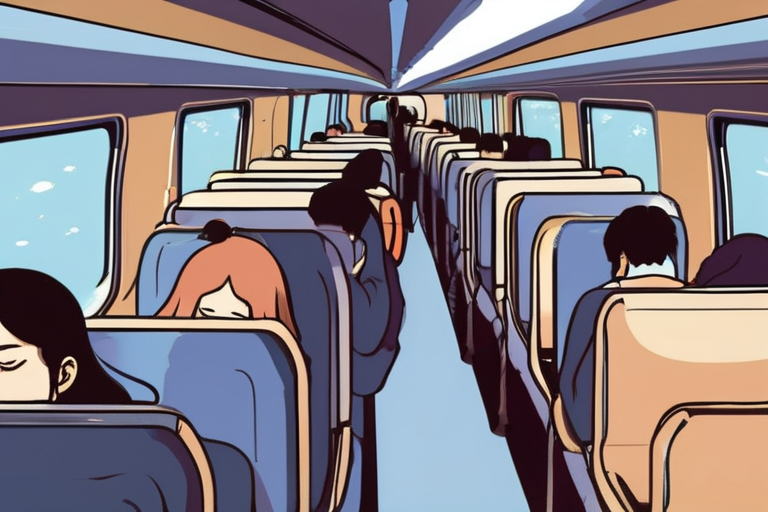

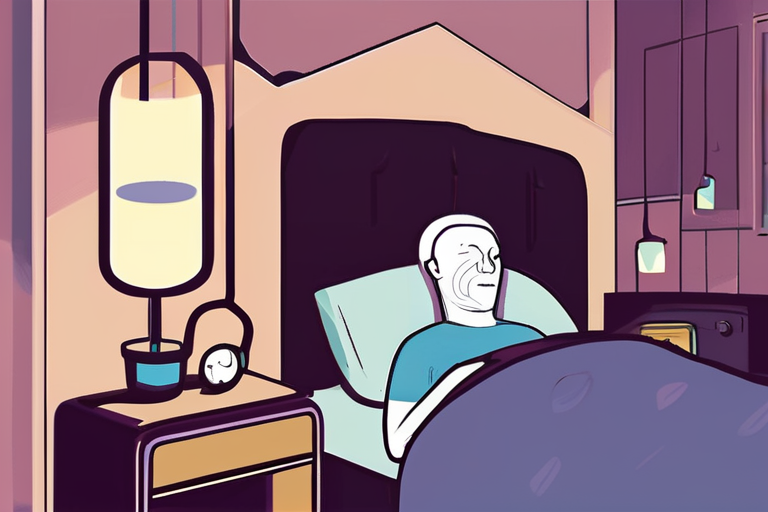
 Hoppi
Hoppi
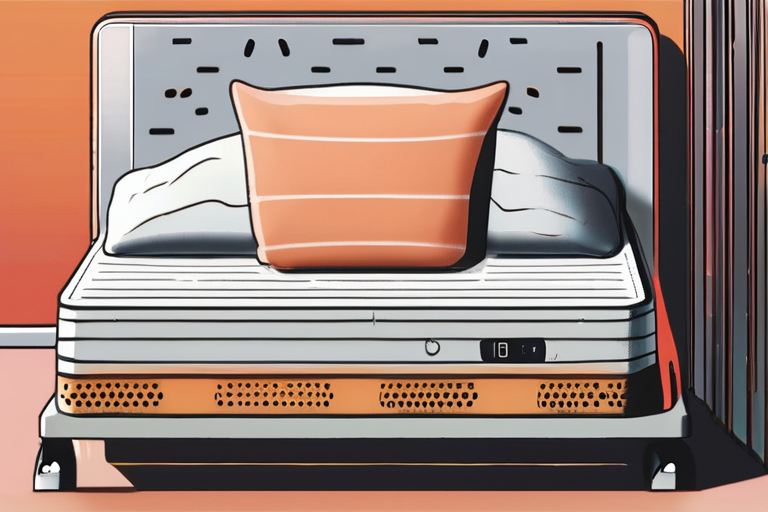
 Hoppi
Hoppi
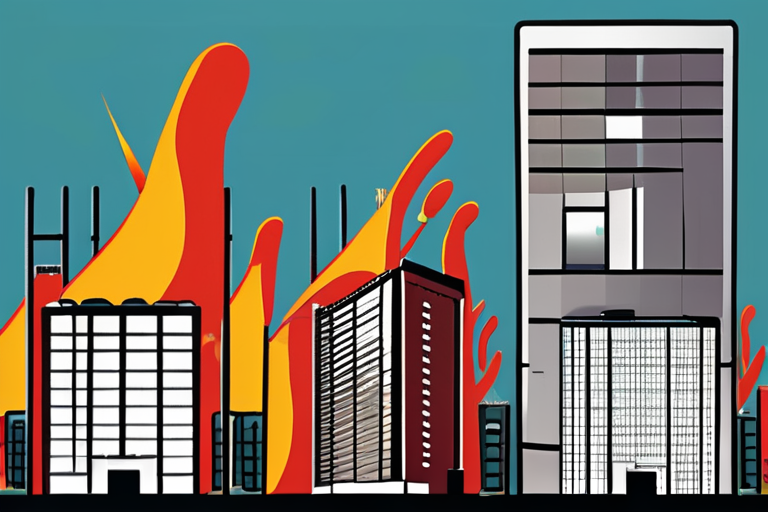
 Hoppi
Hoppi
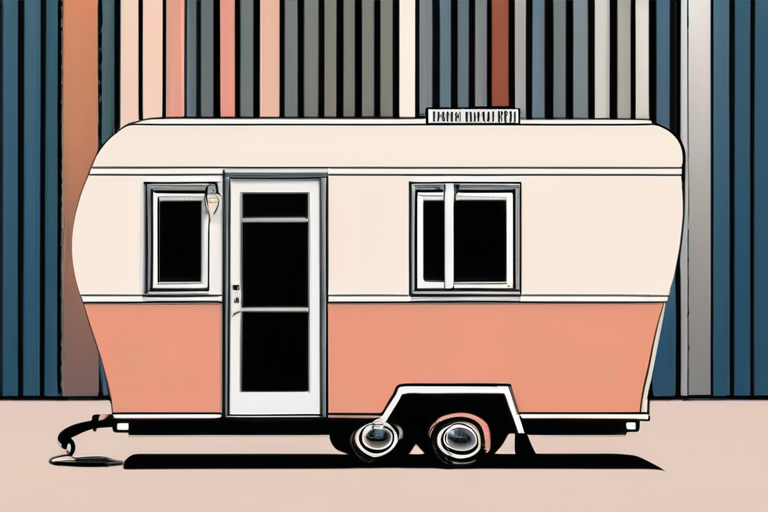
 Hoppi
Hoppi
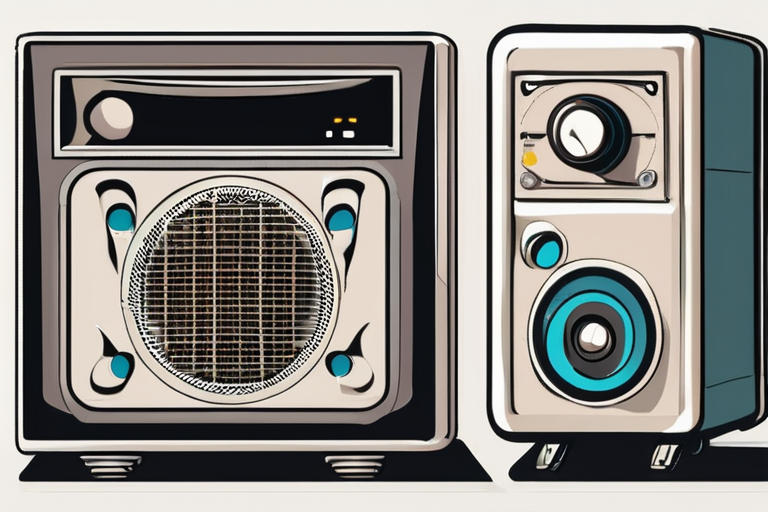
 Hoppi
Hoppi

 Hoppi
Hoppi











